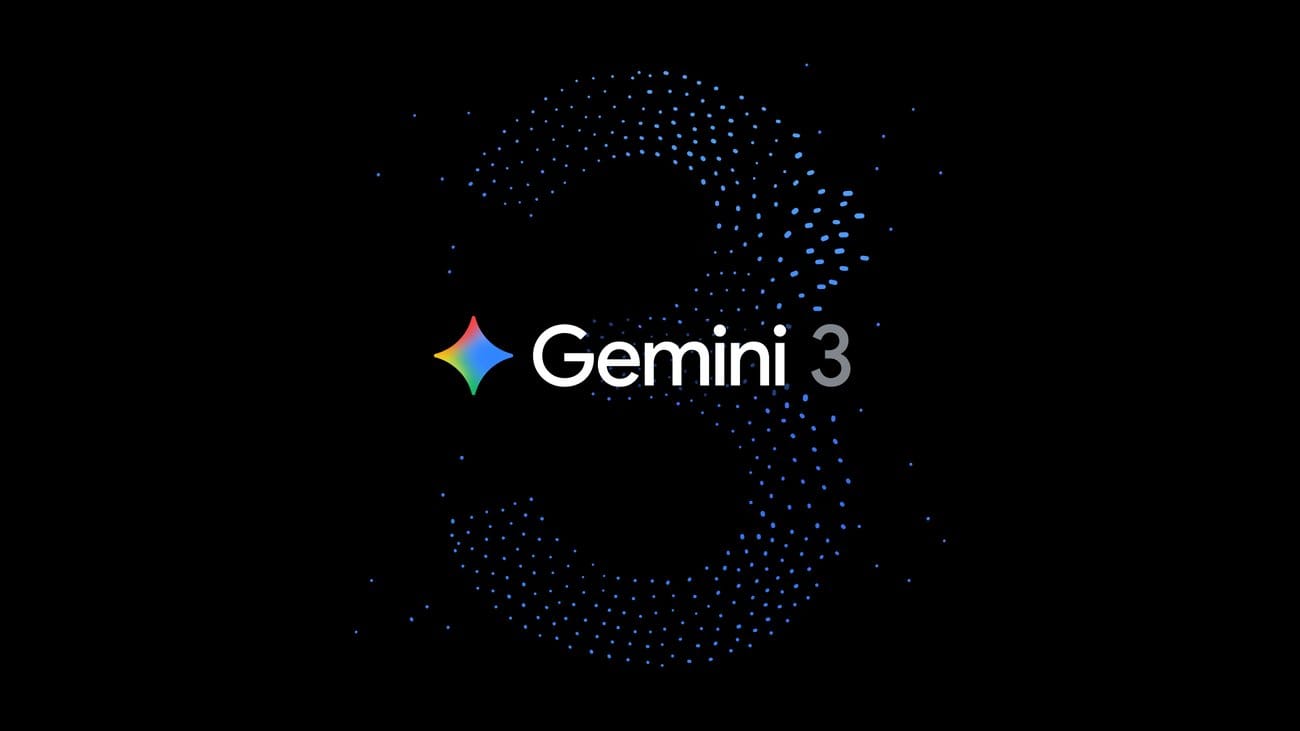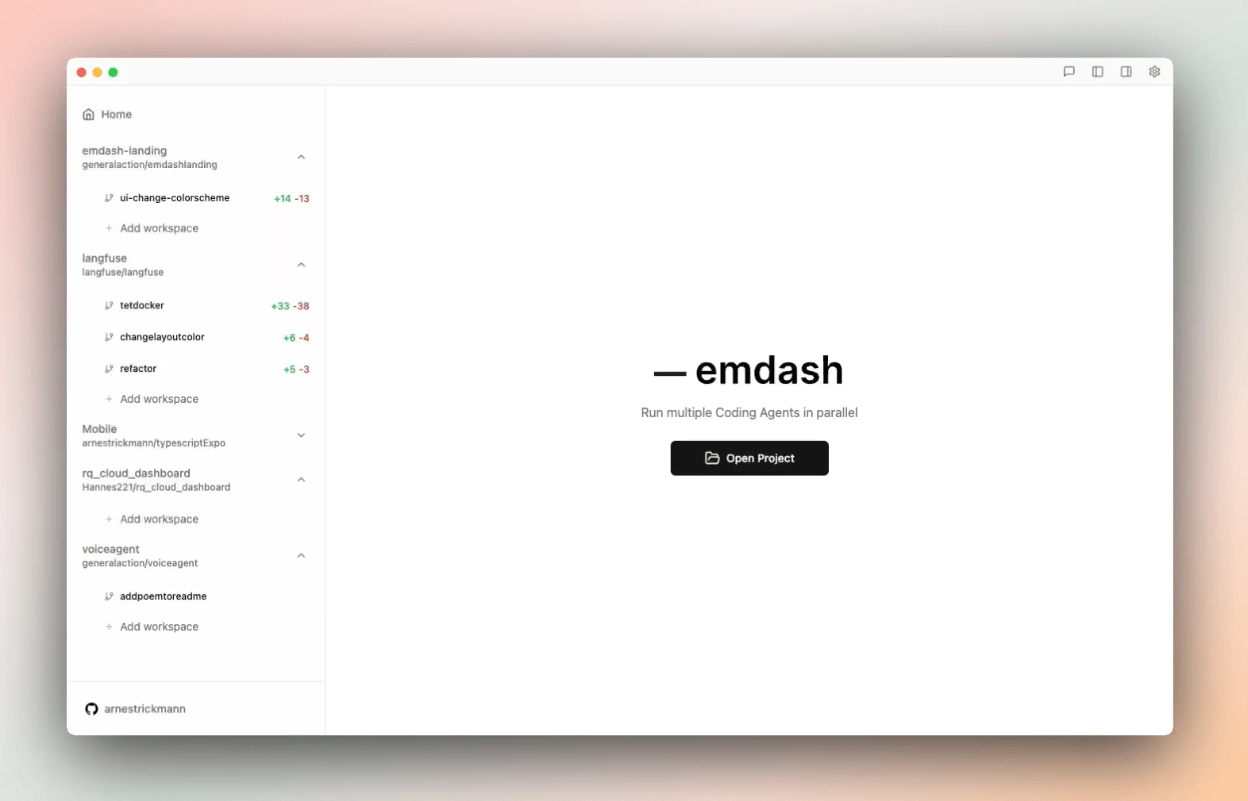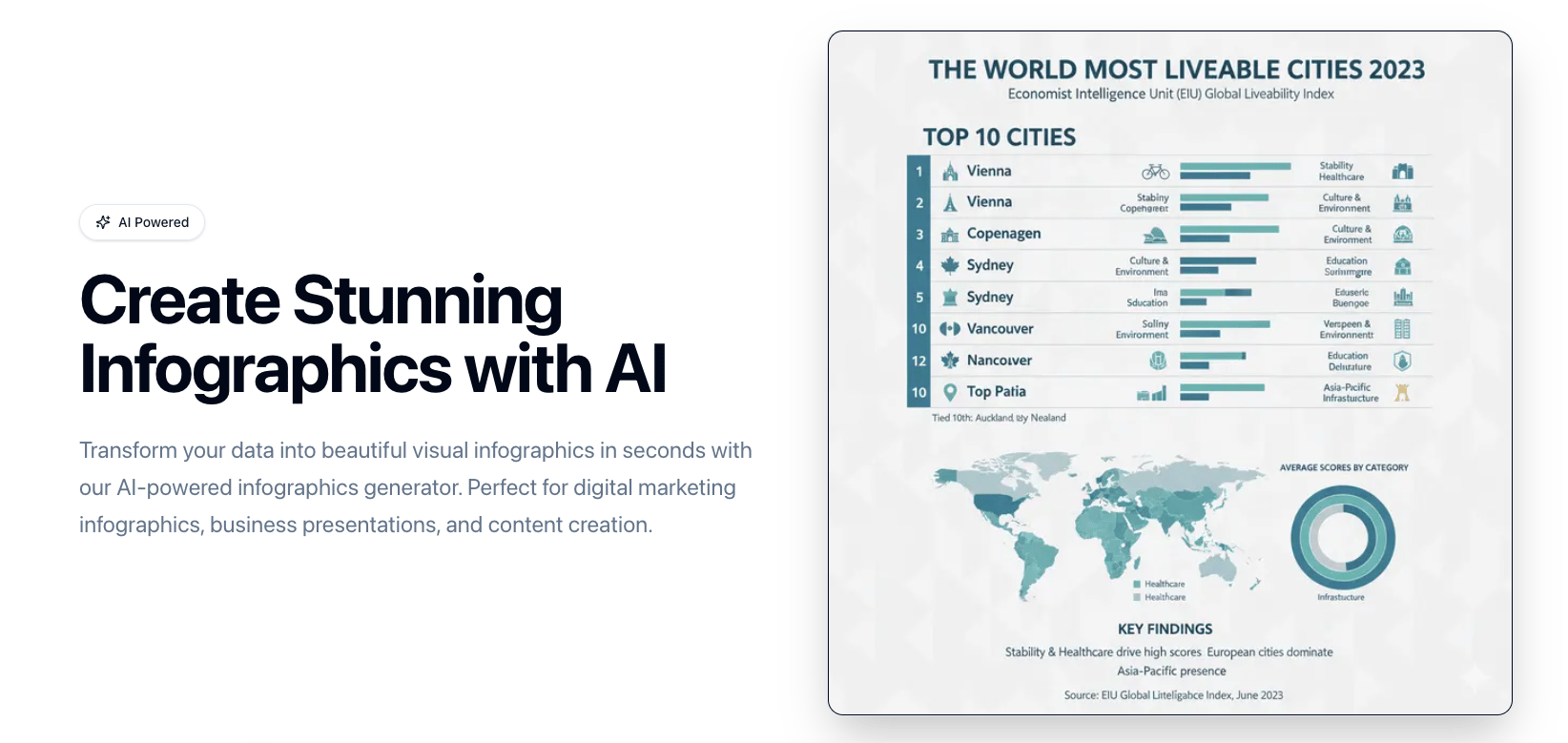- Future Tools
- Posts
- Gemini’s overnight takeover
Gemini’s overnight takeover
Plus: Insurers aren’t sure about AI

Welcome back! Everyone loves the AI boom…except the man who predicted the 2008 housing bubble.
Michael Burry, the legendary “Big Short” investor, sees a market repeating its oldest mistake: assuming innovation guarantees returns. To him, AI’s capital spending surge, valuation spikes, and collective denial mirror the late-’90s tech mania almost beat for beat.
If he’s right, then the uncomfortable question becomes this: Are we building the future or inflating another bubble we’ll spend a decade unwinding? Hit reply and tell me which you think it is.
P.S. We’re off for Thanksgiving on Friday! Enjoy time with your friends and family, and see you next week.


Gemini 3 Is the New Benchmark

Via Google
When a model launch makes the entire AI industry say “oh no…” you pay attention. Google’s Gemini 3 dropped last week and it’s already shaking up the leaderboard.
What happened? The model launched directly into Google Search (a first for Google), shot to the top of LMArena rankings, and crossed 1 million users within its first 24 hours across AI Studio and the Gemini API.
What’s different? Early reactions were unusually unanimous.
From the top: Sam Altman congratulated the team. Elon Musk chimed in. And Salesforce CEO Marc Benioff, who has used ChatGPT every day for three years, said two hours with Gemini 3 “changed everything.”
Across the board: Users pointed to speed, reasoning, and video/image quality as the biggest jumps. On LMArena, testers say Gemini 3 Pro is showing a “clear lead” in high-skill categories like coding, math, and creative writing.
The standalone strengths: According to LMArena CTO Wei-Lin Chiang, Gemini 3’s agentic coding abilities “in many cases now surpass top coding models like Claude 4.5.” And the crowdsourced evaluations don’t just show incremental improvement—they show a meaningful gap.
Why it matters: Google finally has a model that people are actually switching to, and the industry is acknowledging it. But the bigger question is longevity. The benchmarks and hype look great now…the real test is whether users stick with it after the novelty wears off.
Even Insurers Are Tapping Out of AI Risk
Major insurers want authority to exclude AI-related liabilities from corporate policies. Great American, Chubb, and W. R. Berkley have all asked regulators for permission to step back from covering AI mishaps. One underwriter told the Financial Times the models are simply “too much of a black box.”
Why they’re spooked:
Google’s AI Overview hallucinated legal trouble in March → $110M lawsuit.
Last year, Air Canada was forced to honor a chatbot-invented discount.
A deepfaked executive tricked a firm into losing $25M in 2024.
The real fear: systemic failure, not single incidents. Insurers can absorb one $400M hit. They can’t handle 10,000 simultaneous claims because one widely used AI model glitches.
The bigger picture: AI risk is now structural. If insurers back out, companies face uncovered AI exposure, regulators face new pressure, and developers face a trust problem: The people whose entire job is pricing risk are saying the risk can’t be priced.



Run coding agents side by side

Via emdash
emdash is an orchestration layer for running multiple AI coding agents in parallel, isolating each one in its own Git worktree so you can launch, monitor, compare, and review their work from a single interface.
How you can use it:
Spin up multiple agents to tackle the same task and compare diffs
Track real-time progress and assign issues across providers
Review changes, open PRs, and manage experiments safely
Stress-test workflows by “pitting” models against each other
Pricing: free

Instant infographics from plain text

via Genaraera
Genaraera turns simple prompts or pasted data into professional, template-free infographics by automatically selecting layouts, charts, colors, and typography for you.
How you can use it:
Convert raw data or a reference image into HD visual assets
Generate branded graphics in multiple aspect ratios
Speed up reports, lessons, posts, and presentations
Use the API to automate infographic generation at scale
Pricing: paid


Jobs, announcements, and big ideas
Anthropic projects how much AI could boost workplace productivity.
OpenAI adds new global data residency options for enterprise and education users.
OpenAI details its updated legal and safety plan for mental health-related concerns.
Suno teams up with Warner Music Group to build next-generation AI tools for artists.
Google DeepMind debuts The Thinking Game documentary for free on YouTube.
Perplexity upgrades its shopping tools to streamline the user experience.
OpenAI considers renaming Sora’s cameo feature after a trademark challenge.


Free AI isn’t supposed to be this good. But the 2025 lineup just changed the game.

That’s a wrap! Happy Thanksgiving! See you next week.
—Matt (FutureTools.io)